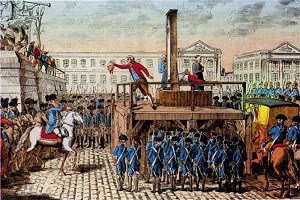
Arquivo para September 14th, 2017
Resentiment in post-modernity
We speak of fatigue, one of the symptoms of the human condition in postmodernity,  whit for us is not a movement, but in end of an era, with several aspects.
whit for us is not a movement, but in end of an era, with several aspects.
Another common of our time is resentment, accentuated by war and ideological political struggle, which gives areas of return almost as violent as it was at the beginning of the last century, but there would be new contours, yes, resentment.
In the philosophical literature, Nietzsche is almost always remembered, but he was not the first one to approach the subject in the German literature, Eugen Düring for example already had used in the value of the Life, what it did was to extend the analysis of the subject elevating it to the psychic problem and also the social, would almost say a prediction of the future of Europe, since the fissures between nations in the old continent were visible in its time.
For Nietszche, resentment is tied to another category of his which is the will to power operating over the Other, states in Why am I so wise: “Aggressive pathos is as necessary connected with force as the feelings of revenge and rancor at weakness.”
Psychically the term is linked to reliving a feeling or feeling previously experienced, even if positive, can be considered good or pleasant, as a rule has a negative accent, while the “persistence of a feeling aroused by an injury, an injustice, accompanied of a desire for revenge, “as the Quillet dictionary states in its 1970 version.
The social media media are a reflection of this, a set of unreflective feelings, unique and almost exclusively are triggered to a first impulse, almost always with a known script (therefore thoughtless), try to sell their rancor and not just the indignation , because the unworthy one puts us all in the same boat, in the same utopia.
In revolutionary Republican France, it was necessary to prevent the bloodbath from ceasing so that democracy could advance and the new society to be built (engraving above unknown author).
We will not embark on a new time, as Peter Sloterdijk’s work “all in the same boat” emphasizes, if we do not overcome the social grudges, characteristic of an end of the season.
Did Nietzsche address the issue of forgiveness? with absolute certainty, in the work of Miguel Barrenechea: The folds of memory, he speaks of forgiveness as a sign of strength and health – speculations on the philosophy of Friedrich Nietzsche, published in 2009

